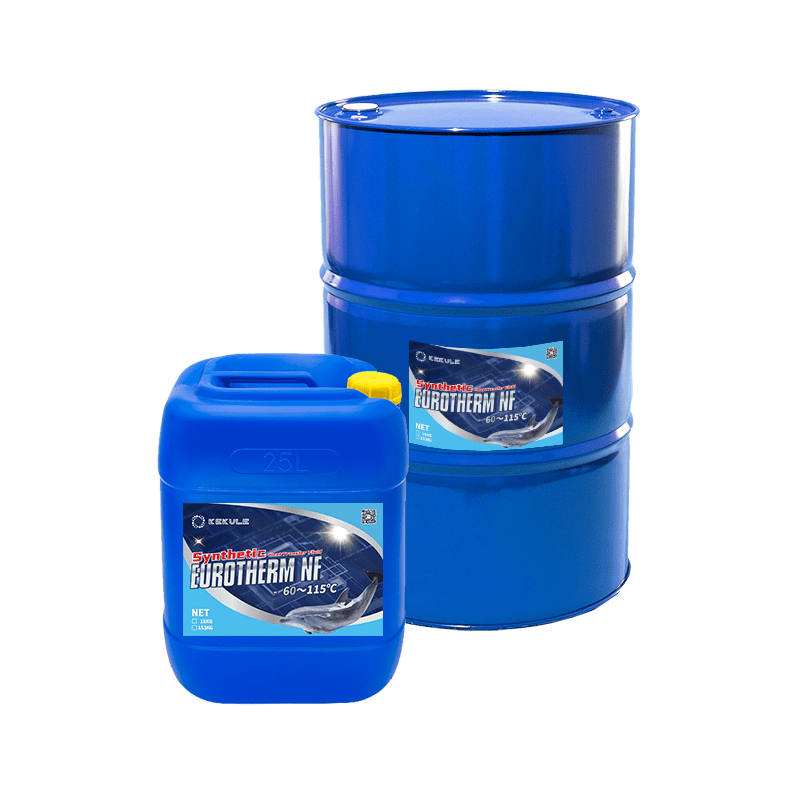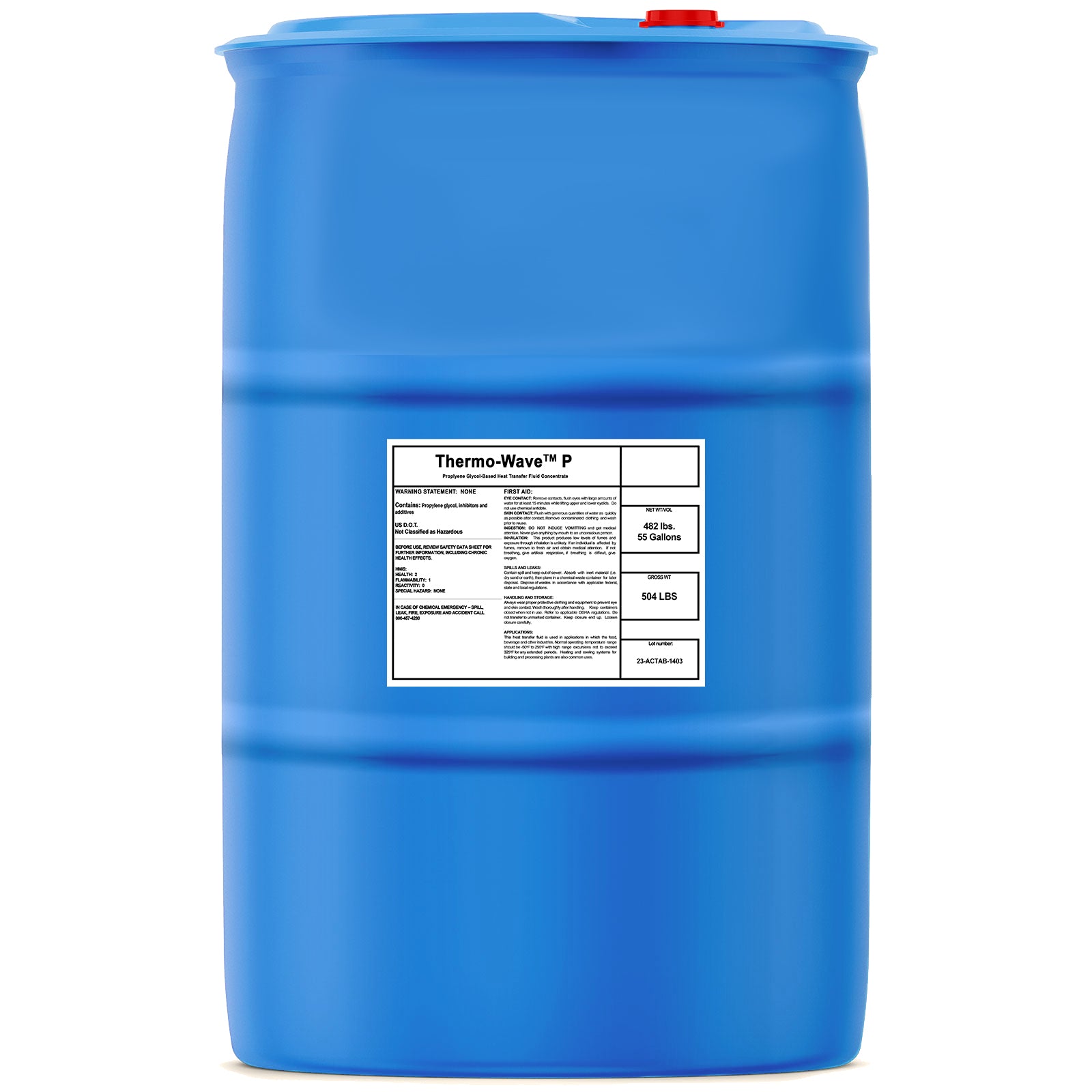Secret Advantages of Using a High-Performance Heat Transfer Fluid
Secret Advantages of Using a High-Performance Heat Transfer Fluid
Blog Article
Understanding the Uses of Warm Transfer Fluid in Industrial Applications
In the dynamic landscape of commercial applications, warmth transfer liquids (HTFs) are important for maintaining specific thermal guideline, pivotal to enhancing functional effectiveness and item top quality. From the complexities of chemical processing to the robust demands of power generation, HTFs are main to making certain stable and efficient warm exchange.
Function in Chemical Handling
In chemical handling, heat transfer fluids play an important duty in keeping accurate temperature level control, which is essential for optimizing response rates and guaranteeing item high quality - heat transfer fluid. These fluids are critical in assisting in effective warm exchange in between procedure devices, thus enabling the regulation of thermal conditions within reactors, distillation columns, and various other vital apparatus. Their ability to maintain security under varying thermal lots and ecological problems makes them vital in chemical manufacturing
The selection of a suitable heat transfer fluid is determined by elements such as thermal conductivity, certain warmth capability, thickness, and chemical compatibility with the process products. High-performance fluids enable for rapid cooling and heating, boosting the effectiveness of endothermic and exothermic responses. Their thermal stability lessens the danger of deterioration or contamination, which can lead to equipment fouling and lowered process performance.
In addition to temperature law, these fluids add to safety by protecting against overheating and reducing the capacity for thermal runaway responses. By offering consistent thermal management, heat transfer fluids boost procedure dependability and can cause significant power savings. As chemical procedures become significantly complex, the relevance of choose and preserving ideal warmth transfer liquids can not be overstated.

Power Generation Applications
Moving from chemical handling to power generation, heat transfer liquids think a crucial role in the manufacturing of power. In power generation applications, these fluids are crucial in preserving optimum thermal efficiency and making certain the trusted operation of nuclear power plant. Various kinds of power generation centers, including fossil fuel-based plants and focused solar energy (CSP) systems, depend heavily on warmth transfer fluids for efficient power conversion.
In nonrenewable fuel source power plants, warm transfer fluids are used to transfer warm from combustion gases to water in boilers, creating steam that drives turbines. This procedure calls for fluids with high thermal security and outstanding warmth transfer properties to endure severe temperatures and stress. In CSP plants, heat transfer fluids flow through solar enthusiasts, soaking up solar energy and moving it to a central receiver where it is used to generate heavy steam. The steam then powers turbines to produce electrical energy.
The option of warm transfer liquid in these applications is essential, as it affects the plant's performance, security, and ecological footprint. Synthetic oils, liquified salts, and various other specialized fluids are typically utilized, chosen based on their thermal stability, warmth capacity, and compatibility with system products.
Influence on Food and Beverage Industry

Along with enhancing item top quality, heat transfer fluids add to functional performance by decreasing power consumption and minimizing process times. Their thermal stability and high warmth capacity enable fast heating and cooling down cycles, leading to boosted throughput and cost-effectiveness. The use of food-grade warm transfer fluids, which conform with rigorous safety standards, makes sure that there is no danger of contamination, consequently securing public wellness.
The adaptability of heat transfer liquids enables their application throughout a wide array of food and drink processes, from dairy products and confectionery to brewing and bottling. By enhancing temperature control, these fluids play an indispensable function in meeting the evolving needs of the food and beverage sector while maintaining high standards of quality and safety.
Value in Production

A critical element of producing processes across different industries is the efficient management of temperature, which is where warmth transfer liquids demonstrate their relevance. These liquids play a crucial role in preserving optimum Check Out Your URL temperature levels for diverse operations, making certain product quality, safety and security, and power effectiveness. In industries such as chemical processing, drugs, and plastics, specific temperature level control is vital for responses, healing, and molding procedures. Warm transfer fluids assist in these regulated settings by soaking up, transferring, and releasing warmth as necessary.
In manufacturing setups, warm transfer liquids contribute significantly to operational performance and cost-effectiveness. By decreasing temperature level fluctuations, they assist lower power intake, therefore lowering operational expenses and improving sustainability. their website In addition, they boost the lifespan of equipment by preventing getting too hot and thermal stress and anxiety, which can lead to costly downtime and repair services.
Additionally, the flexibility of heat transfer fluids allows them to be customized for certain applications, fitting a broad array of temperatures and ecological problems. This versatility makes sure regular efficiency, even in the most demanding industrial setups. Ultimately, the tactical use warmth transfer liquids equips producers to enhance their processes, improve product top quality, and preserve an affordable edge in an ever-evolving market.
Advances in Heat Transfer Technology
With advancements in warm transfer innovation, markets are experiencing transformative improvements in temperature monitoring systems. Modern HTFs, such as nano-fluids, exhibit boosted thermal conductivity and security, which significantly improve heat exchange processes.
Furthermore, the integration of wise technology and electronic tracking systems has actually revolutionized warmth management. Advanced sensors and IoT devices give real-time information analytics, making it possible for exact control and optimization of warm transfer processes. This causes improved safety, lowered downtime, and expanded devices life-span.
In addition, the advent of magnetic and phase-change materials in heat transfer applications notes a significant jump ahead. heat transfer fluid. Magnetic liquids, for instance, offer quick warm dissipation through electromagnetic field manipulation, while phase-change materials successfully save and launch thermal energy during stage transitions
These technological strides are not just boosting effectiveness in traditional markets such as chemical processing and power generation but are also promoting advancement in arising fields like sustainable energy systems and electronic air conditioning, paving the method for lasting commercial procedures.

Verdict
Warmth transfer fluids are essential to industrial applications, using specific temperature level control and improving functional effectiveness. In chemical handling, they guarantee ideal activator conditions, while in power generation, they add to reliable power usage. The food and beverage market gain from constant temperature level administration, crucial for item high quality. Across various producing helpful site industries, HTFs assist in energy preservation and security compliance. Advances in warm transfer technology continue to enhance these functions, highlighting the vital role of HTFs in industrial procedures.
Report this page